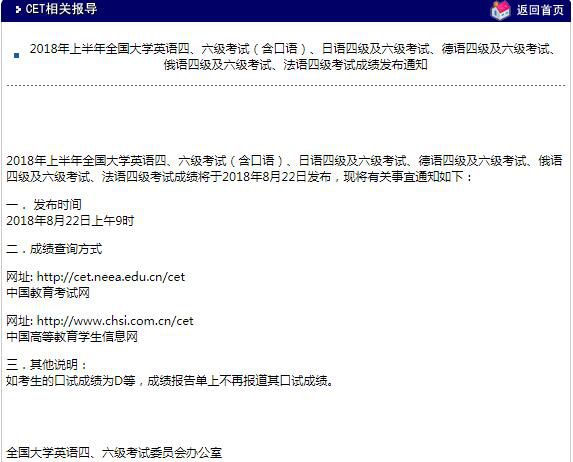|
2.谓语动词用单数形式的情形: ⑴不定式短语、动名词及名词从句作主语时,谓语动词用单数形式。如:
To become doctors is their ambition.
Reading without comprehension is no good.
What that country needs is more jobs and lower taxes. ⑵表示时 间、距离、重量、长度、价值等的名词,不论单复数,当作主语时,谓语动词均用单数形式。如:
Twenty years is a long period of his life.
Five thousand dollars is more than I can afford. ⑶用and连接的名词或代词前有every, each, no, many a等修饰时,谓语动词用单数。如:
Every one of the figures was checked at least twice. ⑷事件、国名、机构名称、书籍及其它作品的名称作主语时,谓语动词均用单数形式。
The United Nations was formed in 1945.
Great Expectation is a very famous novel. ⑸限定词(each, every, one, many a, not only one, either, neither等)作主语或修饰主语时,谓语动词一般是单数。如: Each of the students has a studying plan.
Every cook praises his own broth. ⑹and连接的两个名词或代词作主语时,如果指的是同一个人或指一种整体事物时,根据概念一致的原则,后面的动词要用单数形式。特别是and前的名词或代词前有冠词the,而and后的名词或代词前没有冠词the,须用单数谓语。
Ham and eggs is often preferred to hamburgers.
The manager and secretary was present at the meeting.
这类名词还有:fish and chips, bread and butter,law and order,a cup and saucer,the needle and thread等。 ⑺短语“a deal (amount, proportion, quantity) 不可数名词”、“a portion (kind, series, species) of 名词“作主语时,谓语动词用单数。
A large amount of oil was spilt on the road.
A portion of goods has been transported to the city. ⑻“the number of …”作主语时,谓语动词也用单数形式。如:
The number of students is increasing every year in the school. 3.谓语动词用复数形式的情形: 当主语是下列情况时,谓语动词只能用复数形式。 ⑴由and或both…and…连接的短语作主语。(2.中的⑹例外)
Both he and I are good at English. ⑵常以复数形式出现的名词作主语。如:clothes, pants, shears, riches, remains等。 ⑶quantities后面的名词无论是可数名词的复数还是不可数名词,谓语都用复数形式。如:
Large quantities of steam are used by modern industry in the generation of power. ⑷“a number (group等) of…”作主语。如:
A number of people are in the meeting room now. ⑸不可数名词前有表示数量的复数名词修饰。如:
Six hundred square meters of housing have been built. ⑹只能看作复数的集合名词作主语。这类集合名词有:cattle, poultry, youth, clergy, police,people, militia, vermin等。
The cattle were grazing at the foot of the hill. ⑺当两个形容词用and连接来修饰一个单数名词,实指两个事物时,谓语动词用复数形式。如:
The third and the fourth page are missing. | 







